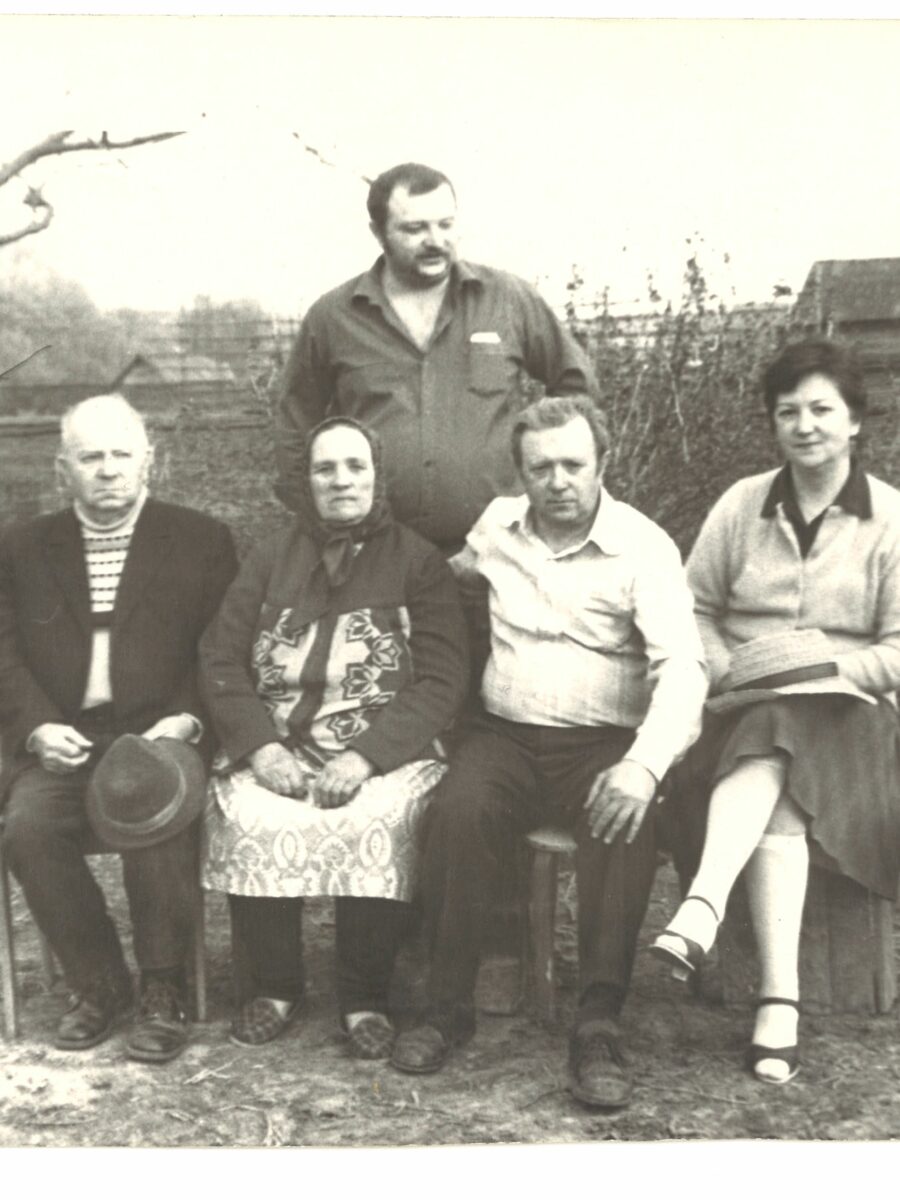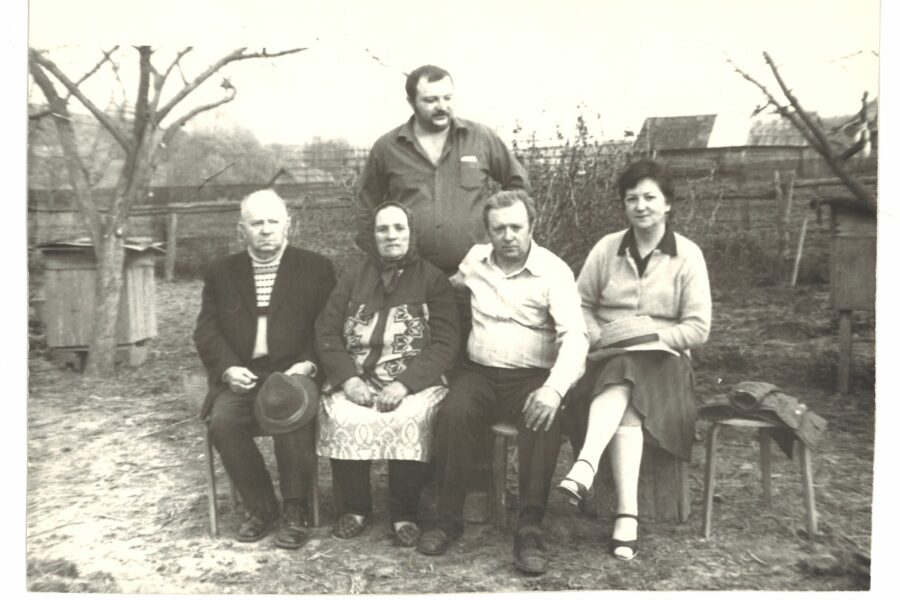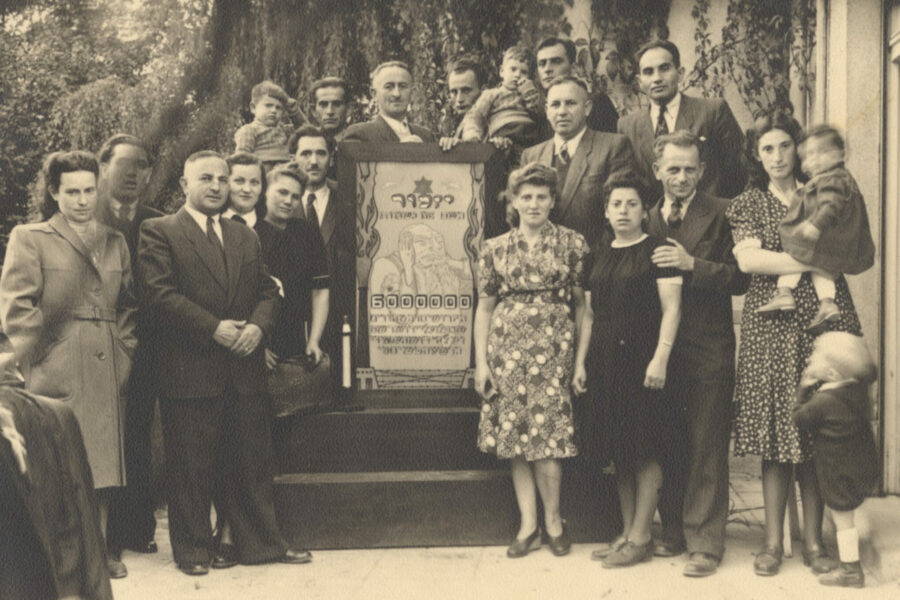Yad Vashem has granted the title Righteous Among the Nations to several thousand people in in the countries of the Former Soviet Union. Righteous Michael and Anastasiya Kapustinsky (from Byelorussia) rescued Minsk ghetto resident Yevel Sorsher, who had escaped the killings and had run away. From March to December 1942 the Kapustinsky family hid Yevel in their home in the village of Borovliany, which is located eleven kilometers from Minsk. Here is their story:
The Nazis forced about two hundred Jews into our village, Borovliany. They put them in a large old barn. Most of them were adults and the elderly. Jews were taken to do slave labor and then were mercilessly shot. Many were killed right in the village, on the way to work or on the way back from work. Many Jews were taken away somewhere, and soon they were gone completely.
The Germans did not spare the locals. They could kill anyone, anytime, just like that. If they didn’t like something, they would shoot. We lived three years of the occupation under such circumstances.
One day in March 1942, when it was already dark, someone came to our house and quietly knocked on the window. It was Yevel Sorsher. My husband, Misha, dragged him into the room. Yevel was difficult to recognize. Clothed in rags, he was impossibly dirty and thin, and his hair was overgrown. Misha said, “Nastya, heat up some water. If someone sees him, he will guess that he is a Jew who escaped from the ghetto.”
I heated the water. Misha helped Yevel to wash and then shaved him and gave him clean clothes to wear. We fed him, too. He was so exhausted and weak, and unable to speak. Yevel got better gradually. He told us about his suffering in the ghetto: how hungry he was all of the time and how many times they beat him mercilessly. They finally took him to be shot, but luckily he escaped. It was amazing that he survived. He was still a very young boy.
We hid Yevel until December 1942—in the cellar, in the attic, or in the barn. We always feared that either the Germans or our neighbors would discover our secret. The Nazis would shoot an entire family for sheltering Jews, sometimes even entire villages. The Germans would walk down the street, and they could break into any house, look into all the corners and take everything they liked, or kill anyone they didn’t.
In December it became clear that it would be impossible to hide Yevel any longer. The Nazis had started rounding up the villagers; they were looking for partisans and Jews. Misha said, “Well, what do we do, Yevel? It has become very dangerous for you and for us.” Yevel did not think for long. He did not want to cause any trouble. He said, “I will wait until dark and leave. I’ll try to get to the front line.” We gave him food and a jacket for the road, and hugged him goodbye with tears in our eyes. After all, he was as dear to us as our own son. We did not expect to see him again.
On July 3, 1944, the long-awaited release came. We were liberated. My husband was immediately sent to the front. My children, Boris and Valya, remained in the village. Misha was wounded on the front line and came back in August 1945. After his long recovery in the hospital, we decided to go to Minsk. The city had been completely destroyed, yet there still were many more opportunities there. We were given land to build a house on Dobrolyubova Street, near where the Sorshers had lived. Their house miraculously survived the war, and they had returned to it afterward.
Misha started working again as a sewing machine mechanic at the 20 Years of October plant, and Yevel, who also was a mechanic, was working at the Proletariy cooperative. Our friendship was renewed. We celebrated all holidays, birthdays, and Yevel and Dora’s wedding together. We met often just to talk and remember what we experienced together.
Yevel’s parents always thanked us for saving their son. We did it completely freely, out of love for him and with all our human soul. We ourselves had gone through a lot in life, and because of that, we understood and sympathized with the grief of others.
Written by Anastasiya Kapustinsky, Never Heard, Never Forget: Vol. I, 2017







